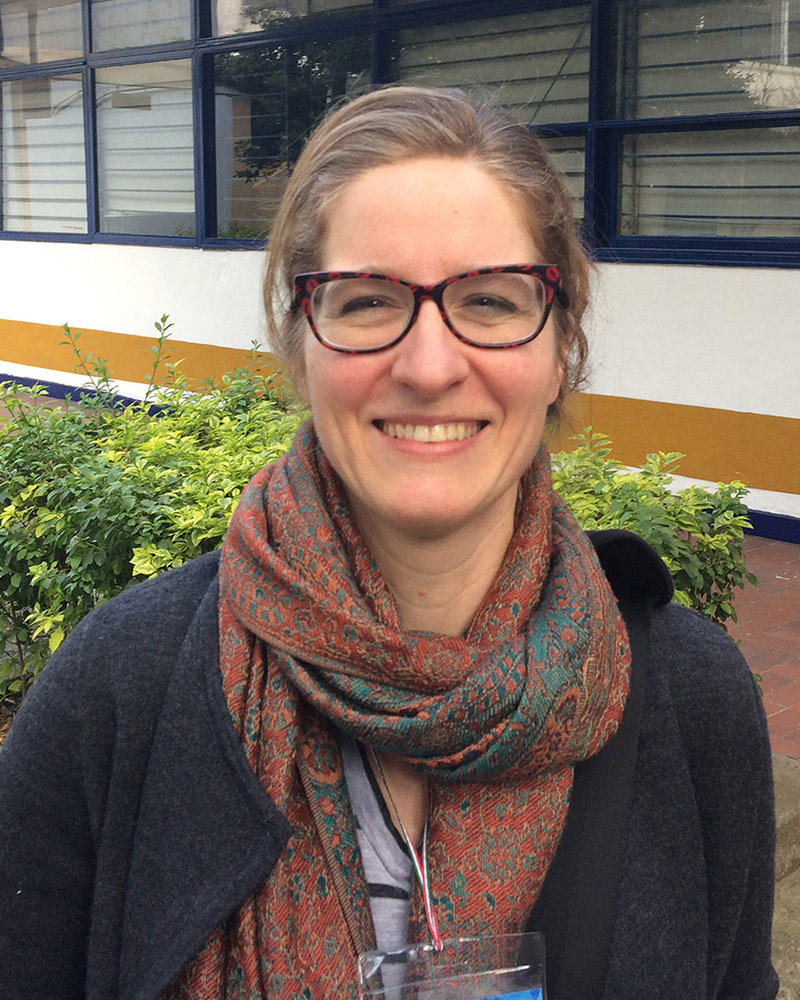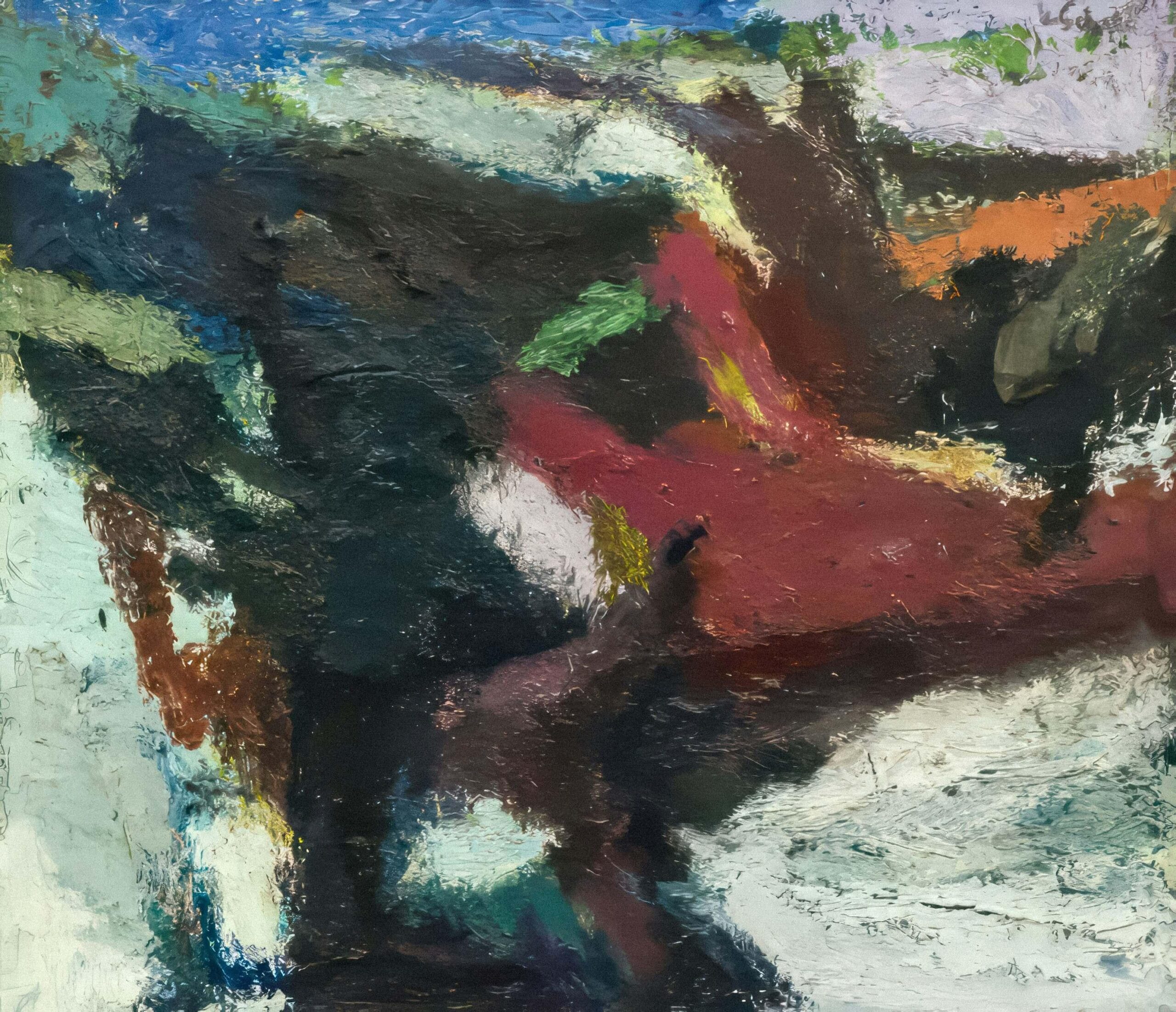Erin Luther

Notice: Undefined variable: post_id in /nas/content/live/cultureanimals/wp-content/themes/Gaea-child/single-project.php on line 93
Research, 2017, 2016, Grantee Link >
Erin Luther, from Nova Scotia, Canada, received a multi-year grant from CAF to explore the ways in which wildlife aid organizations adapt their strategies and communications to a re-imagined notion of wildness in a rapidly urbanizing world, and how these efforts resonate with urban residents and their encounters with wild animals in the city. As a multi-year recipient of a grant, Erin traveled to interview wildlife organizations and presented the research at conferences, as well as for data analysis software. The central goal of her research was to describe the evolution of urban wildlife organizations and how they fit into the changing picture of conservation, and inform wildlife advocacy strategies that can challenge conventional modes of valuing wildlife, and ones that resonate with our increasingly urban experience.
She writes:
The notion of wildness is changing, and with it, the face of wildlife advocacy. The popular conception of the wild as a place untouched by humans—pristine, fragile, and in need of protection against seemingly unnatural impacts—has long been a driving metaphor in wildlife conservation. This idea that the wild worth saving is “out there” has meant that organizations focused on helping urban wildlife have often struggled for legitimacy in the environmental sphere. In recent years, however, many big conservation organizations have begun to adopt a more expansive view of nature in their communications—one that includes humans, and can be encountered even in cities. My research explores the ways that different wildlife organizations—from big conservation groups to urban rehabilitation centres—are defining ethical relations with wildlife in a rapidly urbanizing world, and how the narratives they use shape policy, public perception, and consequently, the lives of wild animals living in the city.
The results of her research can be found here. Erin currently sits on the Sierra Club Canada Foundation board.
